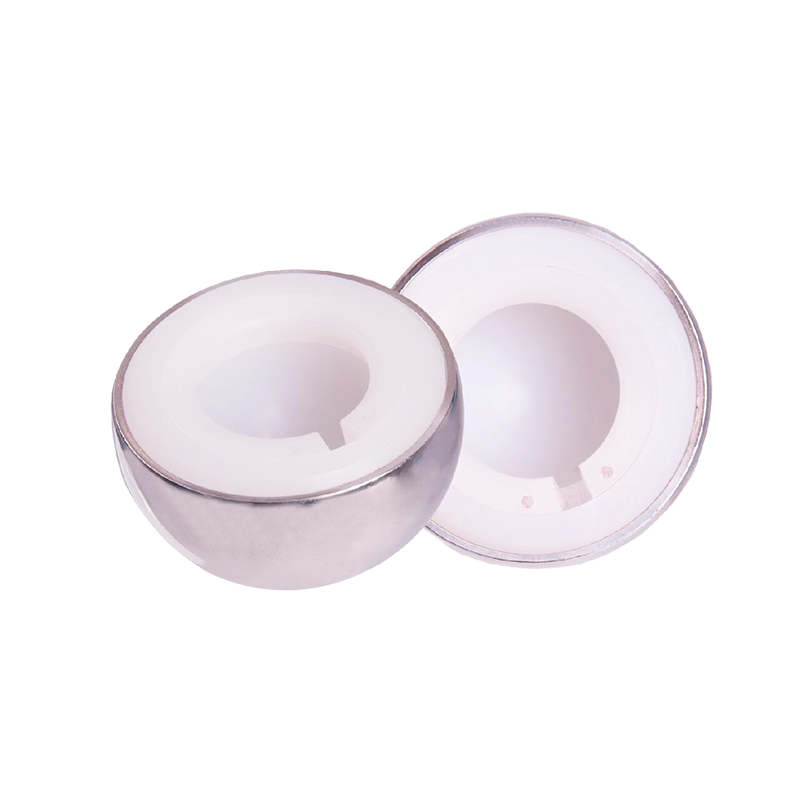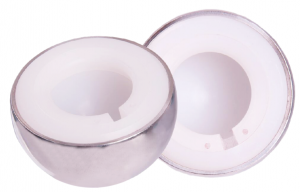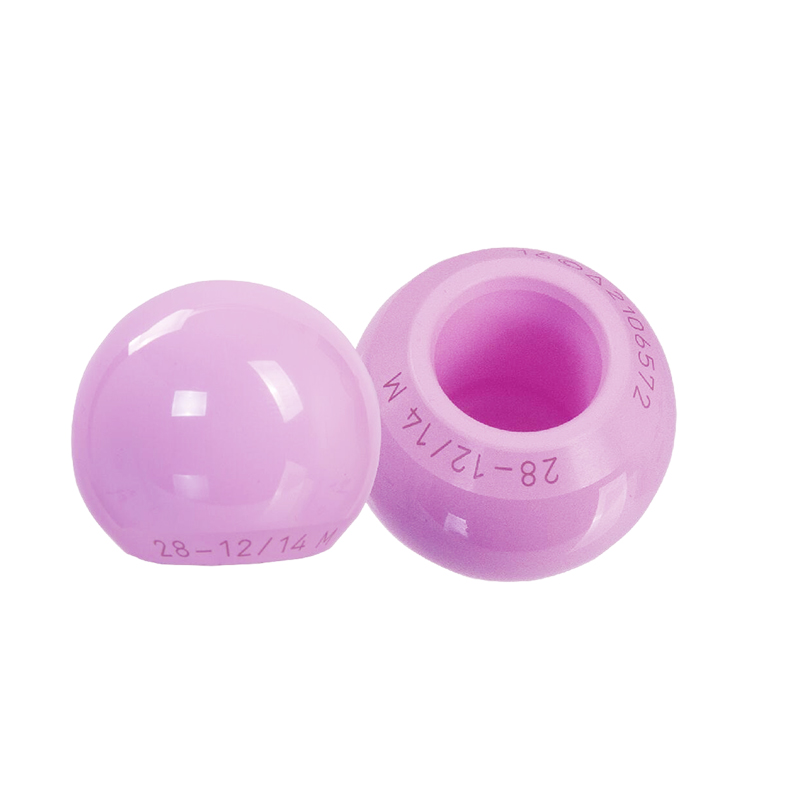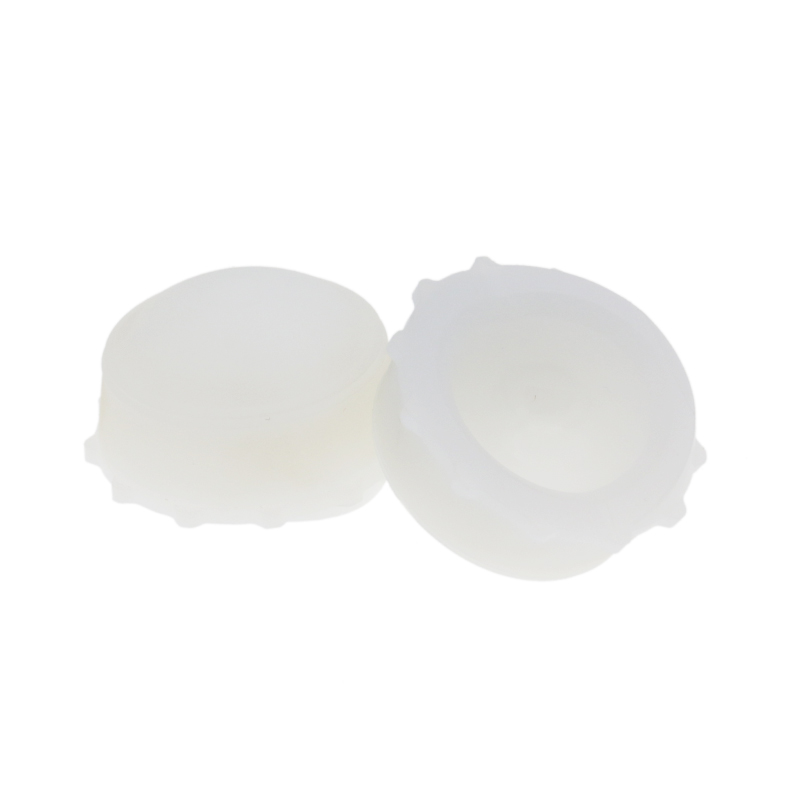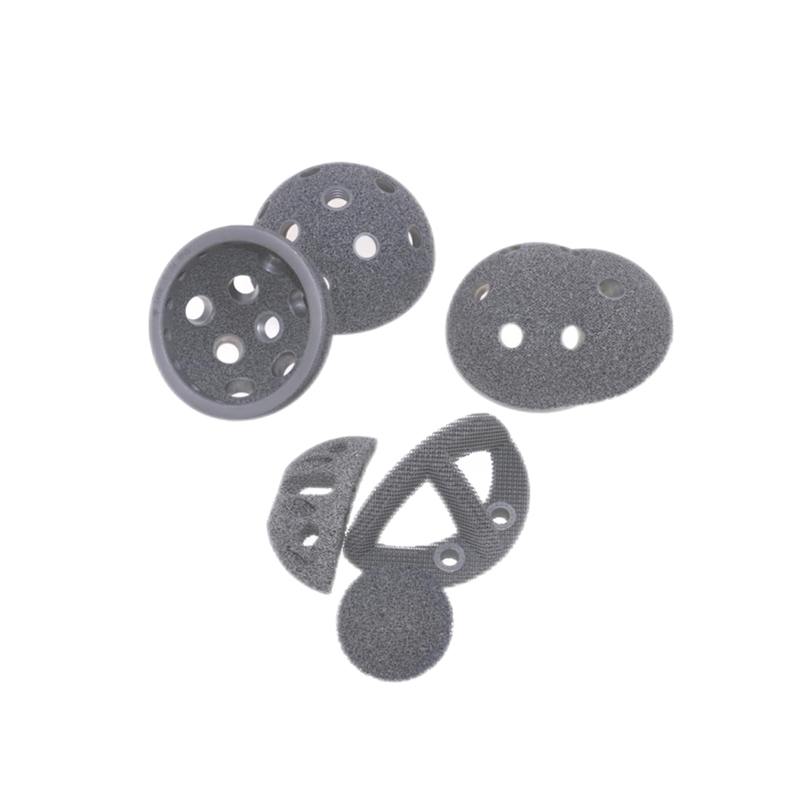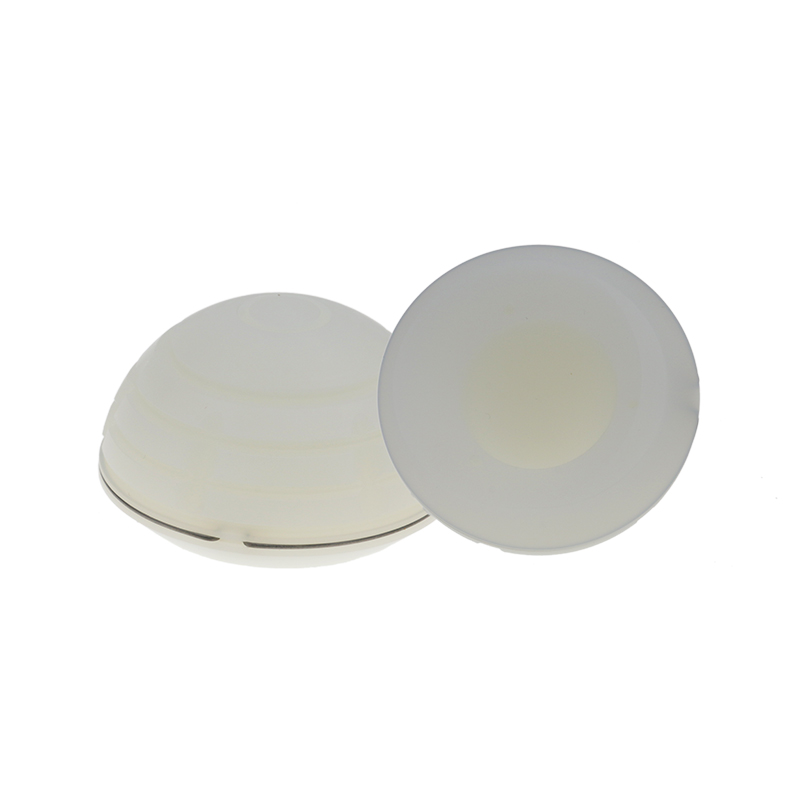FDAH Bipolar Acetabular Cup Medical Hip Joint Prosthetics
Indications
Hemi-hip arthroplasty is indicated in these conditions where there is evidence of a satisfactory natural acetabulum and sufficient femoral bone to seat and support the femoral stem. Hemi-hip arthroplasty is indicated in the following conditions: Acute fracture of the femoral head or neck that cannot be reduced and treated with internal fixation; fracture dislocation of the hip that cannot be appropriately reduced and treated with internal fixation, avascular necrosis of the femoral head; non-union of femoral neck fractures; certain high subcapital and femoral neck fractures in the elderly; degenerative arthritis involving only the femoral head in which the acetabulum does not require replacement; and patholoay involving only the femoral head/neck and/or proximal femur that can be adequately treated by hemi-hip arthroplasty.
contraindications
While the bipolar acetabular cup design has many advantages, there are also some potential contraindications to consider. These may include:Fractured Bone: If a patient has severely fractured or compromised bone in the acetabulum (hip socket) or femur (thighbone), the use of a bipolar acetabular cup may not be appropriate. The bone needs to have sufficient structural integrity to support the implant.Poor Bone Quality: Patients with poor bone quality, such as those with osteoporosis or osteopenia, may not be suitable candidates for a bipolar acetabular cup. The bone needs to have adequate density and strength to support the implant and withstand the forces exerted on the joint.Infection: Active infection in the hip joint or surrounding tissues is a contraindication for any hip replacement procedure, including the use of a bipolar acetabular cup. Infection can interfere with the success of the surgery and may require treatment prior to considering a joint replacement.Severe Joint Instability: In cases where a patient has severe joint instability or ligamentous laxity, a bipolar acetabular cup may not provide sufficient stability. In these cases, alternative implant designs or procedures may be considered.Patient-Specific Factors: Preexisting medical conditions, such as compromised immune systems, bleeding disorders, or uncontrolled diabetes, may increase the risks associated with surgery and may make a bipolar acetabular cup contraindicated in certain individuals. Each patient's specific medical history and overall health should be thoroughly evaluated before choosing the best implant option.It is important to consult with a qualified orthopedic surgeon to assess individual circumstances and determine if a bipolar acetabular cup is the appropriate choice for a patient. Surgeons will consider a variety of factors, including the patient's medical history, bone condition, joint stability, and goals for surgery, before making a final decision.

